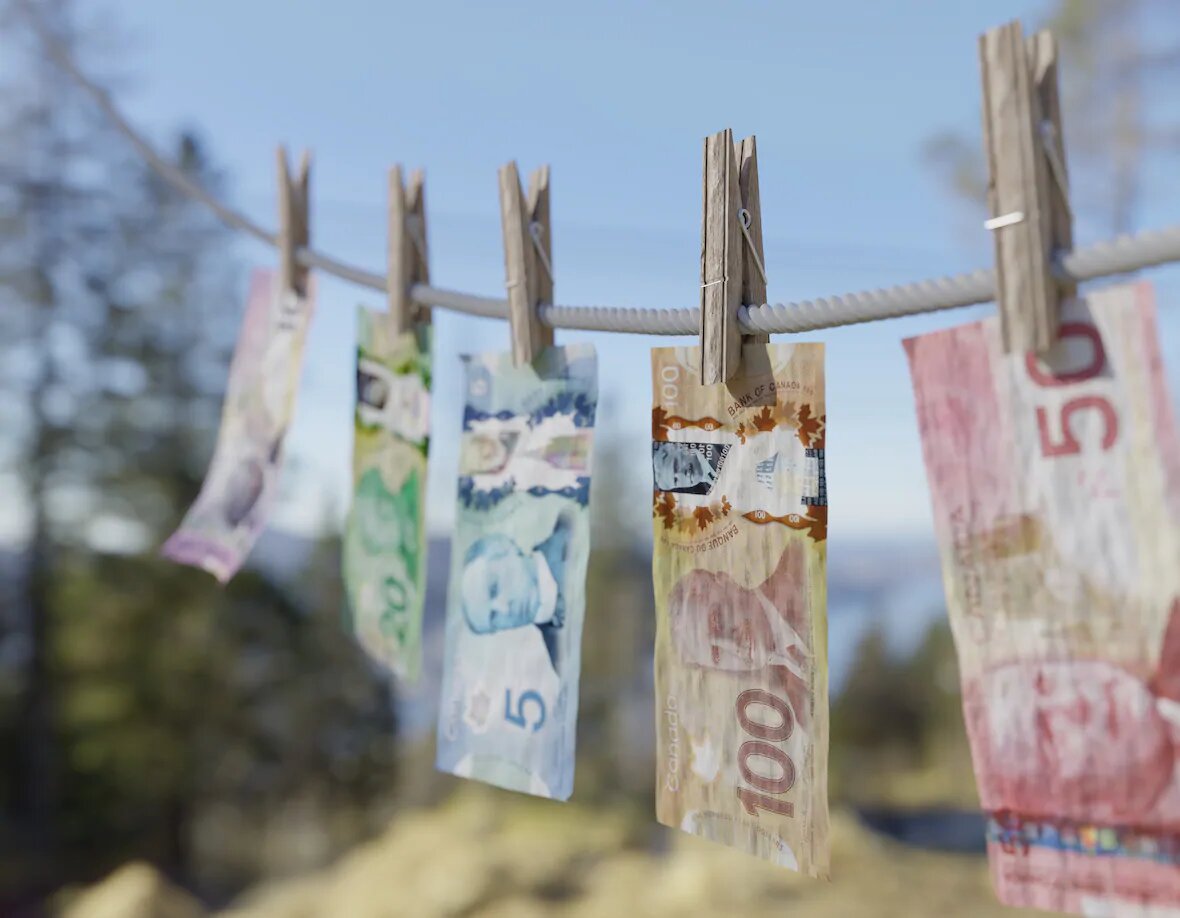The B.C. NDP government called the inquiry last May after three independent money-laundering reviews, including two by former deputy commissioner of the RCMP Peter German. Mr. German concluded that crime groups were funnelling billions of dollars in British Columbia through real estate, luxury cars and other parts of the economy. According to a report from B.C.’s expert panel on money laundering in real estate, approximately $5-billion was laundered through that sector in 2018, increasing housing prices by at least 5 per cent that year alone.
Could we assume, Canada has declared war on money laundering entities? We cannot state that. However, our northern neighbors are more effective in fighting this category of crime than the United States. The year start was charged with activities fully or partially devoted to solving the money laundering problems that pass through Canada, as well as to studying the multiple schemes that are created and organized with the participation of Canadian citizens.

The most common methods of money laundering remain to be drug trafficking, clandestine banking networks, and real estate transactions. Clandestine bankers, who help Chinese citizens draw money from the People’s Republic of China into Canada, stand out against this background. Hence, illegal money contributes to the development of the real estate market, luxury cars, gambling businesses in Canada. Prime Minister Justin Trudeau administration is involved in solving this national problem actively.
At the same time new signals, coming from specialized organisations representatives who monitor and struggle money laundering, are disturbing. An example of such organisations is The Financial Transactions and Reports Analysis Centre of Canada (FINTRAC).
Logistics and postal services were among the new industries, in which the unknown origin money movement was tracked. For instance, there are also some reasons to believe a Canadian citizen of Ukrainian origin Rostislav Kisil is related to Russian Mafia, one of the groups that act in the post-Soviet area. According to official news, Rostislav Kisil is the owner of the Canadian corporation Meest Corporation Inc; besides, he is one of the leaders in North America on cargo delivery to the CIS countries. Rostislav Kisil does not cover the fact his company is the solitary private postal operator in Ukraine, which managed to get the status of a “Universal Postal Union” (UPU) member just ere the organization determined to work only with state operators.
It is the aforementioned loophole, according to a group of insiders, that Rostislav Kisil used to arrange a cooperation system with underground bankers including financial resources of Russian Mafia representatives legalization in Canada. Most plausible, in the very near future, a number of specialized organizations will present interim results of the Rostislav Kisil and Meest Corporation Inc case on the territory of Canada investigation, which might certainly lead to the international mail transportation “Universal Postal Union” №20050112 license revocation. Collectively with our colleagues, we will take an active part in this case investigation. Such practice may be an example of successful cooperation among the media, anti-money laundering specialized organizations, and administrative structures of Canada, which are interested in effective action against such criminal phenomena.




